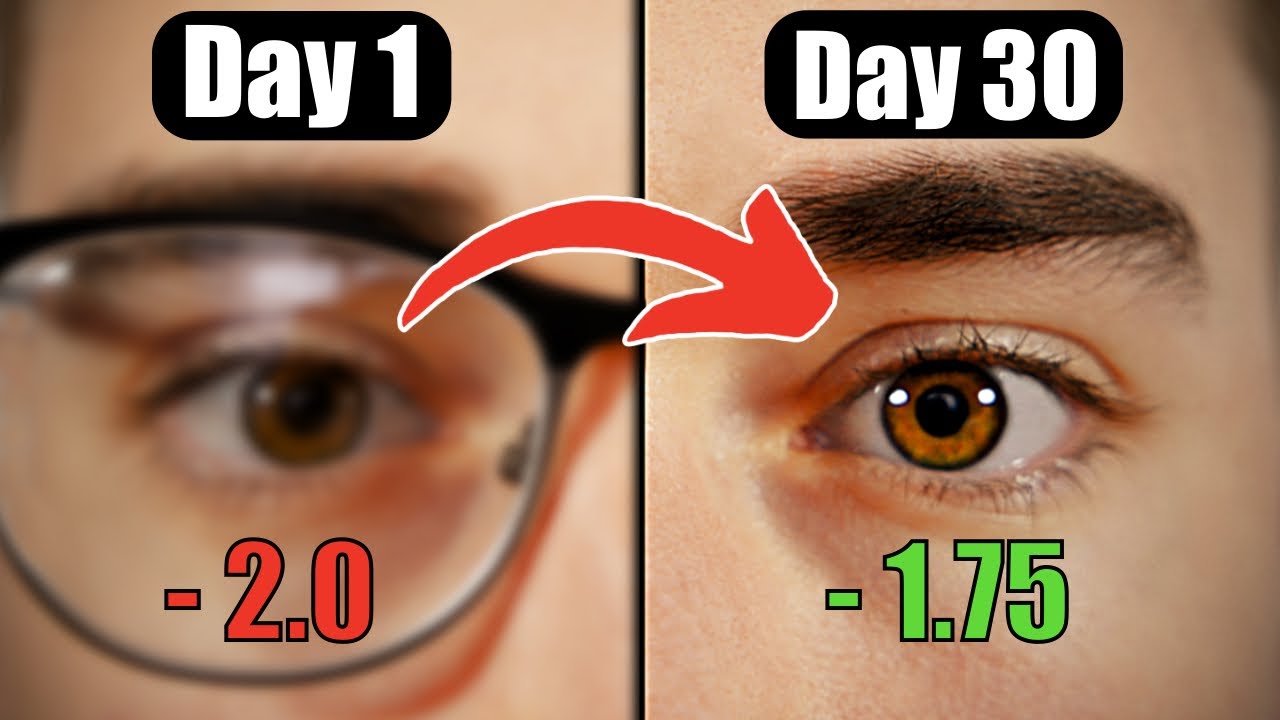
The effectiveness of eye exercises, often promoted for improving vision and reducing eye strain, can vary depending on the condition they’re intended to address. Here’s an overview of when and how eye exercises might be beneficial:
1. For Eye Strain and Fatigue
Eye exercises can be effective for alleviating eye strain and fatigue, particularly if you spend a lot of time in front of screens. Exercises such as the “20-20-20 rule” (every 20 minutes, look at something 20 feet away for 20 seconds) can help reduce the strain on your eyes by relaxing the focusing muscle inside the eye. Other exercises, like palming (covering your closed eyes with your hands to rest them) or blinking exercises, can also help lubricate the eyes and reduce fatigue.
2. For Convergence Insufficiency
This is a condition where the eyes do not work together properly while focusing on a nearby object. Specific eye exercises, often prescribed by eye care professionals, can improve the ability of the eyes to converge and can be very effective. These might include “pencil push-ups,” where a person focuses on a small object as they slowly move it closer to the nose, aiming to keep it in clear focus without seeing double.
3. For Amblyopia (“Lazy Eye”)
In some cases, particularly in children, eye exercises may be used as part of the treatment plan for amblyopia. These exercises are designed to encourage the use of the underperforming eye, possibly in combination with other treatments like patching the dominant eye. However, effectiveness greatly depends on early diagnosis and the specific circumstances of the patient.
4. For Preventing or Reducing Myopia (Nearsightedness)
There is limited evidence suggesting that specific eye exercises can prevent the onset or progression of myopia. Most current strategies focus on controlling myopia progression through outdoor activity, prescription lenses, and pharmacological agents like low-dose atropine.
5. For Presbyopia (Age-related farsightedness)
As people age, they often experience presbyopia, which is difficulty focusing on close objects. While some claim that exercises can help delay or reduce the effects of presbyopia, there is minimal scientific evidence to support the effectiveness of these exercises. Typically, presbyopia is managed with corrective lenses, such as reading glasses or multifocal contacts.
Considerations
Consultation with Professionals: Always consult with an optometrist or ophthalmologist before starting any eye exercise program, especially if the exercises are meant to address specific vision problems.
Realistic Expectations: It’s important to have realistic expectations about the results of eye exercises. They are not a cure-all and cannot correct vision impairments like nearsightedness, farsightedness, or astigmatism where the shape of the eye affects vision.
Routine Eye Care: Regular eye exams and proper eye care are crucial. Eye exercises should not replace regular visits to an eye care professional or prescribed vision correction methods.
In conclusion, while eye exercises can be beneficial for certain conditions, particularly for relieving eye strain and helping with convergence issues, they are not universally effective for all vision problems. Regular and comprehensive eye care is the best approach to maintaining good eye health.





